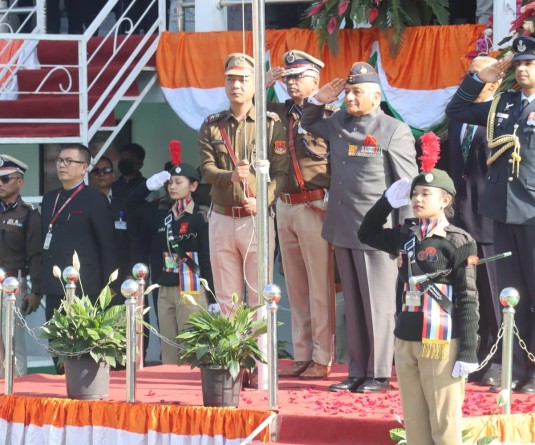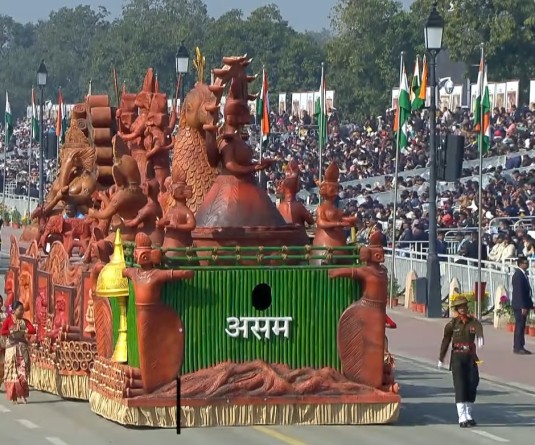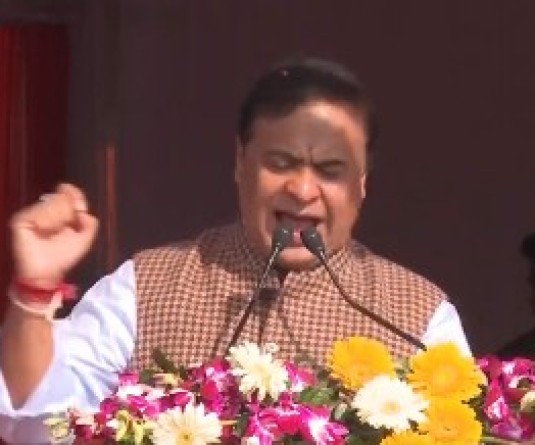Prof Bengt G Karlsson (left) during the seminar organised by Naga Research Scholars Forum, Shillong on October 14. (Photo Courtesy: NRSF)
Shillong, October 15 (MExN): The Naga Research Scholars Forum (NRSF), Shillong held a one-day seminar with Prof Bengt G Karlsson on his book “Leaving the Land: Indigenous Migration and Affective Labour in India,” which was co-written with Dr Dolly Kikon. The event was conducted at North-Eastern Hill University, Shillong campus on October 14, stated a press release from the NRSF Shillong.
Prof Karlsson spoke about the concerns faced by the indigenous communities of Northeast India, especially the youths who migrate to mainland Indian cities either to find work or to study. He said that the primary reasons behind this migration in recent times had been facilitated by new work opportunities in the hospitality sector, mainly as service personnel in luxury hotels, shopping malls, restaurants, and airlines.
The speaker addressed how the prolonged armed conflicts, militarization, corrupt and ineffective governance structures, a stagnant economy, and the harsh conditions of subsistence agriculture in their home villages impel the youths to seek better prospects outside their home region. He talked about the notion of “stretched life,” where the migrant lives life in two places at one time. This stretched life comes with a sense of nostalgia coupled with struggles and hardships where the demand from the homeland and the longing for it is juxtaposed.
Prof Karlsson introduced the idea of “affective labour,” where many migrants’ works are seen as caring rather than producing things. This phenomenon brings about a dual sense of enjoyment as well as sadness.
In addressing the question of indigenous and non-indigenous perception of belongingness, the discussion also dwelt on various issues such as tribal/mainland dichotomy and the occurrence of racism. Further discussing the question of land, food habits, and assimilation Prof Karlsson emphasized the notion of “embodied knowledge.” Due to migration, certain embodied knowledge is lost, where people can have a painful experience returning to their community.
Despite India’s diverse cultures and identities viz-a-viz Northeast India, the speaker emphasized the need for dialogues and peaceful negotiations by navigating through challenging problems.
Phikuto Chishi, the moderator of the discussion, ended the session reiterating the need to accept differences amidst “multiple identities” prevalent even within the region.






